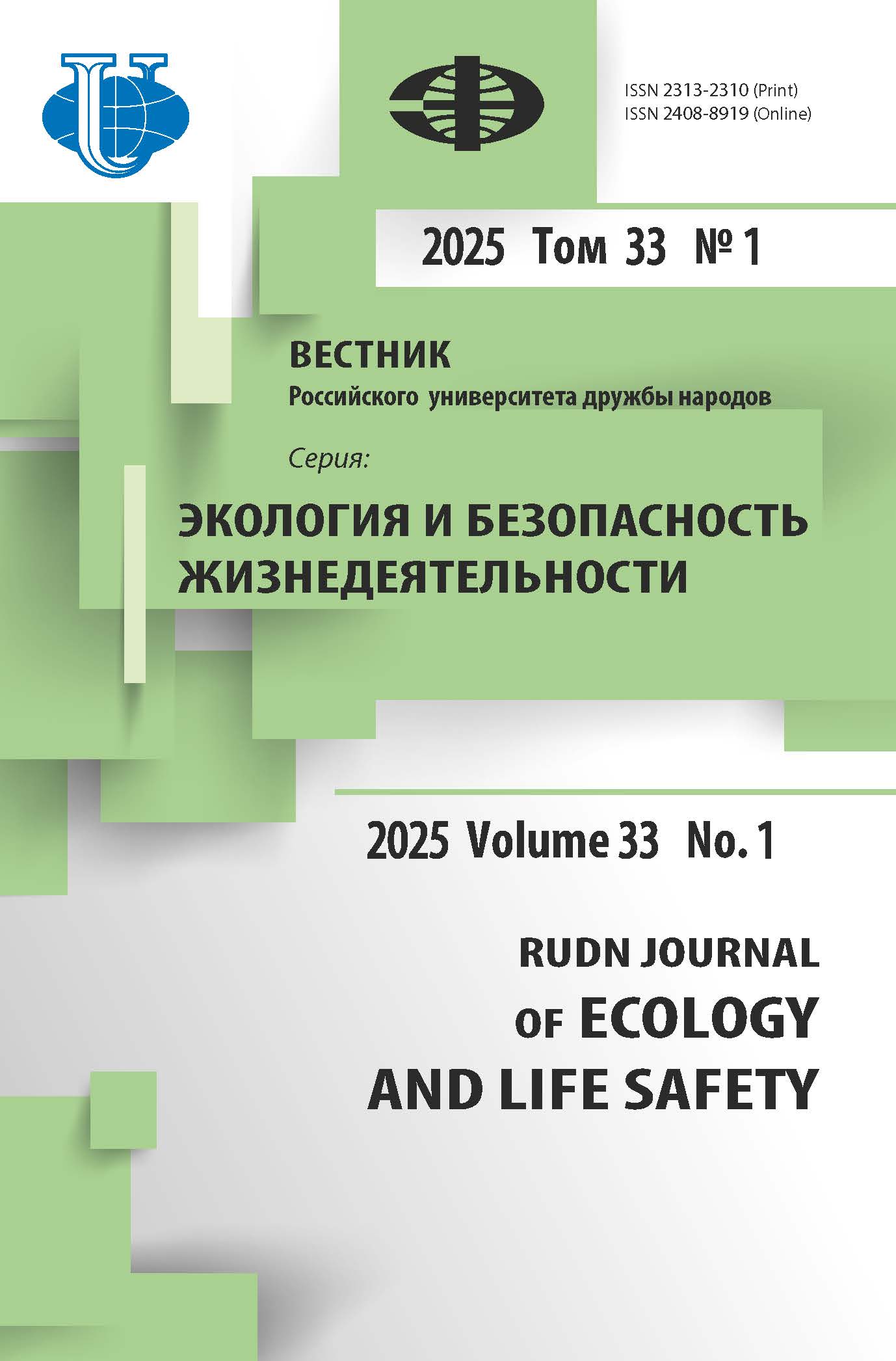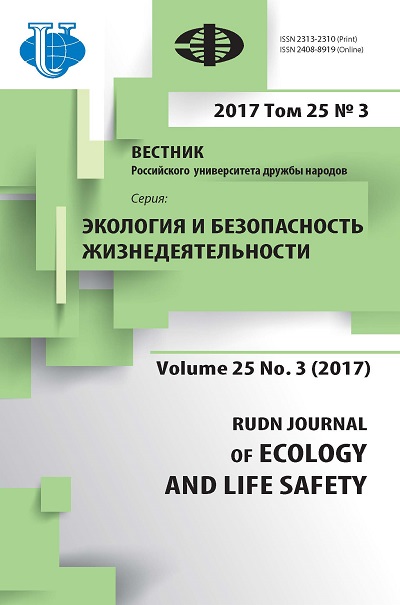Abstract
The autumn studies of the Phrynocephalus guttatus guttatus Gmel. population in the Astrakhan semideserts (August 2011 and August - September 2016) revealed the following features of its age and sex structure. The autumn settlement of the species reliably splits into several age groups: 1-2 group of young, 2-4 groups of females and 2-5 group of males. In the fall season the settlement is dominated by males, especially great was the numerical superiority of the males in the fall season of 2016.The lack of immature individuals, the significant prevalence of older age groups and the predominance of males among adult animals in the autumn 2016 create the picture of the population depression. The unsustainable type of population dynamics, typical for short-living species, may be one of the characteristics that stimulates the processes of population depression. Almost complete replacement of the population is likely to occur both in two or 3-4 years.
















